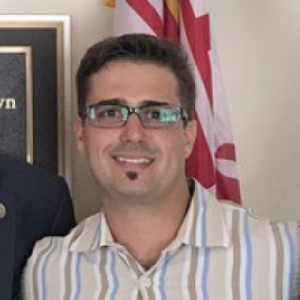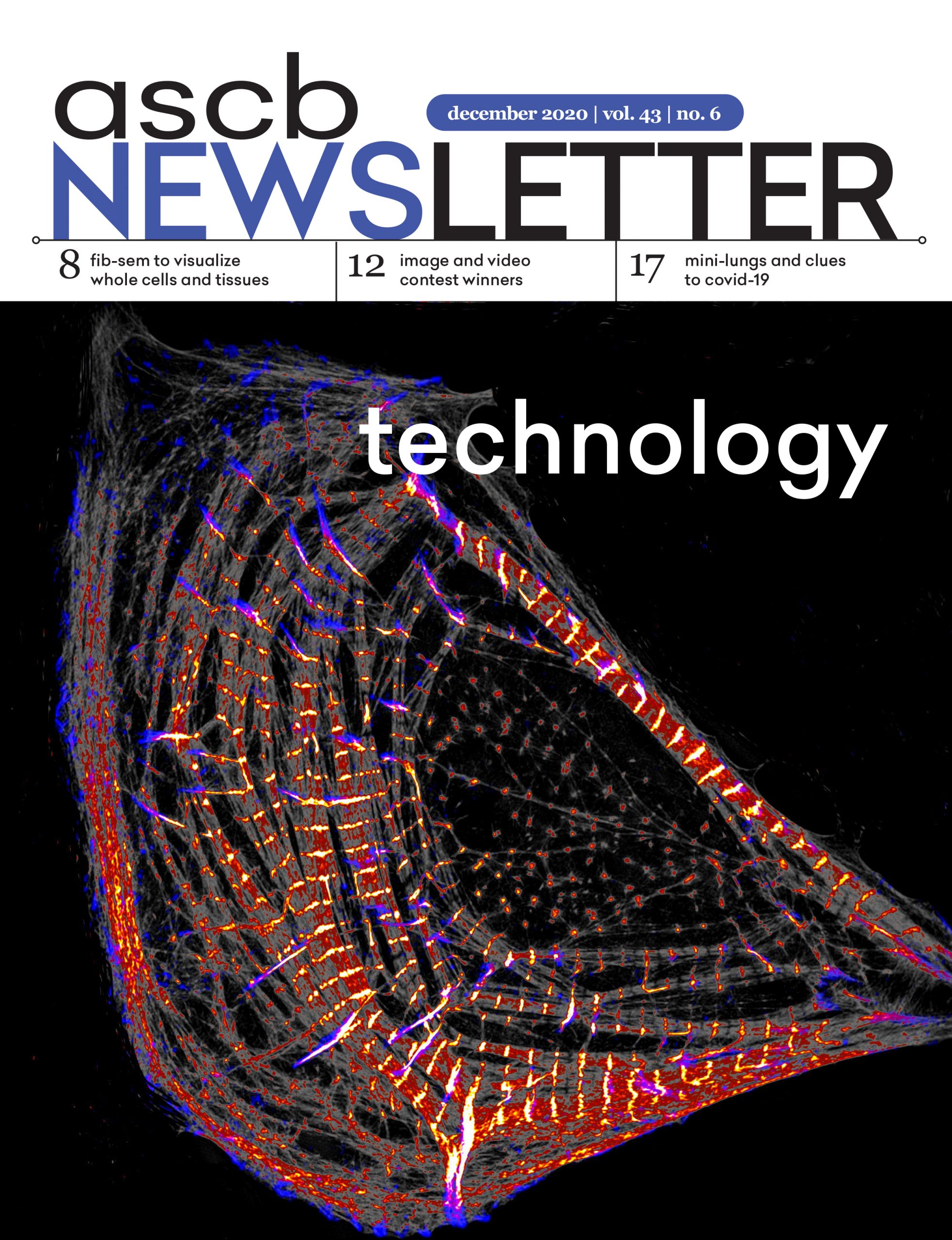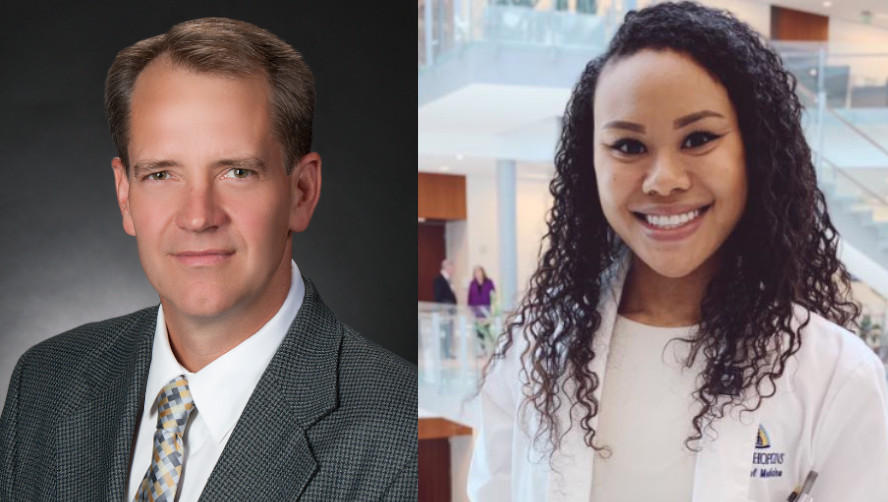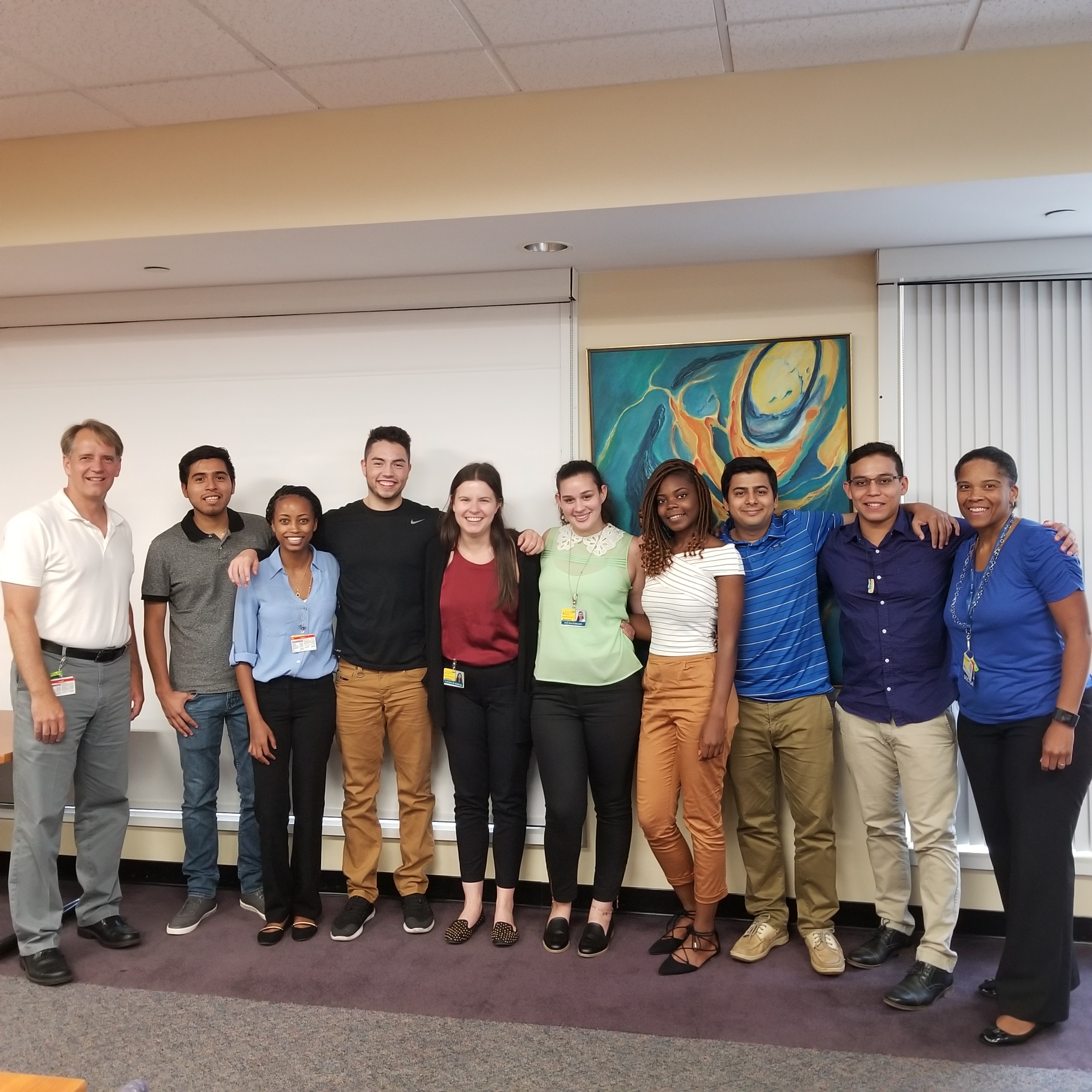Read DDP Scholar Alex Maya-Romero’s article in the American Society for Cell Biology’s Dec. 2020 newsletter: Alex Maya-Romero ASCB Newsletter... Read More
The Doctoral Diversity Program (DDP) is our post-baccalaureate component of the Johns Hopkins Initiative for Careers in Science and Medicine (CSM Initiative). The CSM Initiative seeks to develop scholars from low-income (<200% of the federal poverty limit) and educationally under-resourced (most commonly first generation college or went to, or would have gone to based on their home address, a high school where the majority are also low income) backgrounds to help them build the accomplishments, skills, network, and support necessary to achieve advanced careers in biomedical, medical, health-related, and STEM professions.
The DDP program, directed by Dr. Deidra Crews (Professor of Medicine/physician-scientist) and Dr. Jessica Queen (Asst. Professor of Medicine/physician-scientist), admits ~5-9 scholars per year interested in pursuing MD, MD/PhD, PhD, and other health and biomedical research careers. The program receives ~150 applications annually, yielding ~3-5% acceptance rate. Selected scholars spend up to 2 years in the DDP.
While in the program, DDP Scholars join a research lab at Johns Hopkins and conduct rigorous original research that they get to publish (check out the Publications page). Scholars receive course work in scientific scholarly writing and Kaplan MCAT or DAT exam preparation as appropriate for each scholar. Scholars get extensive clinician shadowing opportunities and participate in a lunch and learn seminar series where they hear from extraordinary leaders in the medical and biomedical communities from UIS/UIM backgrounds.
Scholars benefit from peer mentorship and guidance from the DDP Director during monthly ‘Coffee Breaks’ inclusive of small groups of DDP scholars. Scholars also meet individually with the DDP Director to identify specific areas to strengthen. The scholar and research mentor form strong, productive bonds that foster the scholar’s growth. The scholars also join a longitudinal mentor group, which is led by a CSM faculty member. This group provides yet another opportunity for network building and mentorship that benefits the scholar as they move forward with their career.
To date, 51 scholars have participated, or are participating, in the DDP. To date, 83% have been accepted into MD, MD/MBA, MD/PhD, or PhD programs at a variety of institutions across the country, including at Johns Hopkins, Stanford, Vanderbilt, Brown, Albert Einstein, Baylor, Kennesaw State, Duke, Emory, Mayo Clinic Arizona, Ohio State, Tufts, University of Chicago, Georgetown, Harvard, UC Berkeley, UTSW, and Oregon Health Sciences among others. 9% matriculated into MS programs 3% became research scientists, and 3% joined Teach for America to become a high school biology teacher.
If you are interested in applying to the DDP, the application portal may be found here. For answers to frequently asked questions, please check out this document: DDP FAQs
If you want to learn more about the DDP, please contact Dr. Deidra Crews (DDP Director; dcrews1@jhmi.edu) or Dr. Jessica Queen (DDP Deputy Director; jqueen11@jhmi.edu).
If you are interested in helping support the Johns Hopkins Initiative for Careers in Science and Medicine, please contact Sarah Farrell, Director of Development (sfarrell@jhmi.edu), or Kevin McGuire (kmcgui10@jhmi.edu), Sr. Associate Director of Development, Institute for Basic Biomedical Sciences.
***
In Memoriam
Nov. 16, 2021
It is with great sadness that we learned today of Ricardo Perez Dulzaides’ passing. Ricardo was a phenomenal human being, who was super-kind, warm-hearted, and caring. This is a devastating loss for the DDP family and for all who Ricardo has impacted and would be impacting over his life. To learn more about Ricardo, please check out the very thoughtful writeup that Albert Einstein College of Medicine (where Ricardo was an MSTP student) published on his behalf: Remembering Ricardo Perez Dulzaides
We miss you. Rest in peace, Ricardo!

Ricardo Perez Dulzaides
DDP Scholar, 2016-2018
***




